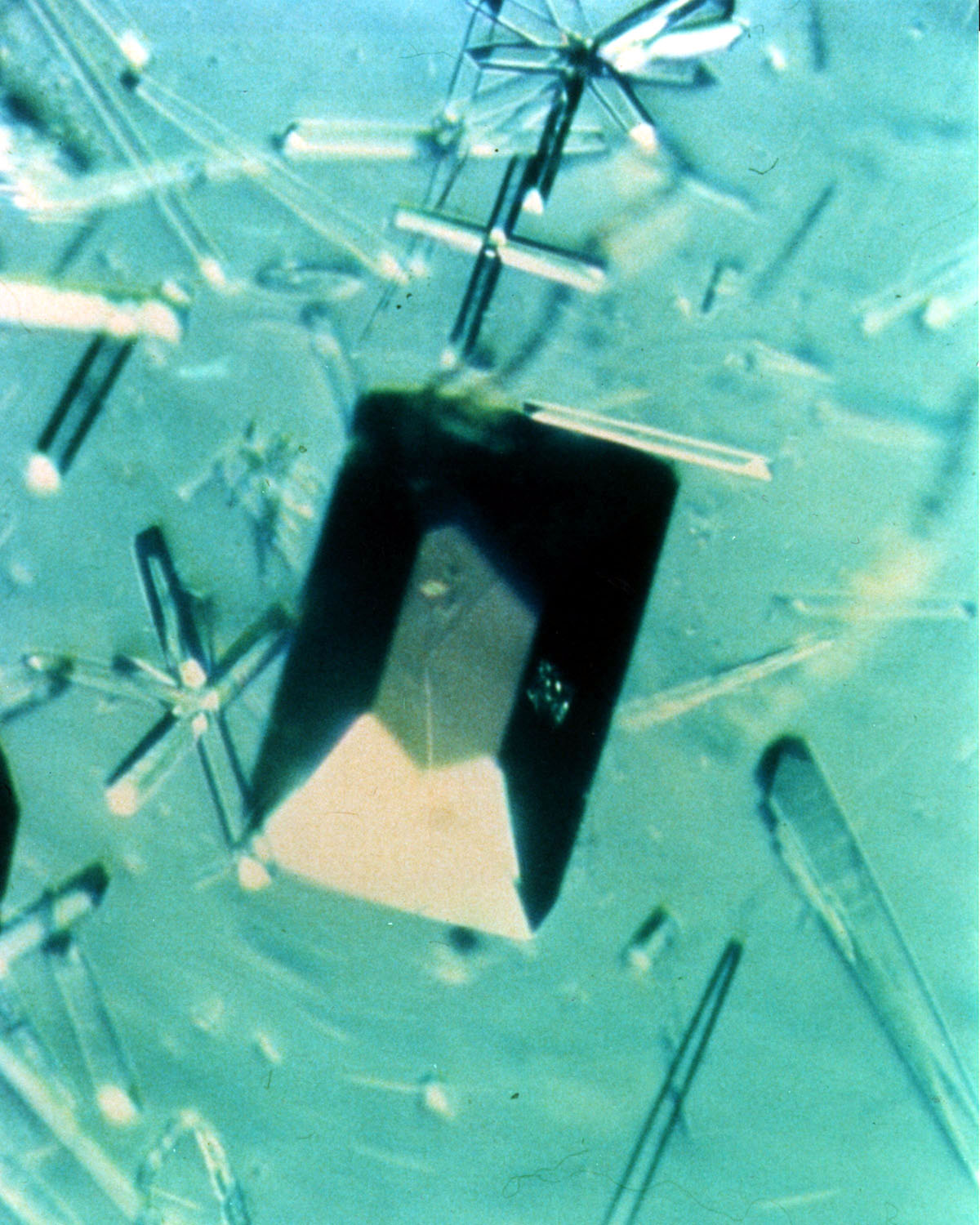
Emphysema OverviewEmphysema is a long term progressive disease of the lungs, and it is a type of chronic obstructive pulmonary disease (COPD). The disease occurs due to deterioration of air sacs in the lungs. Alveoli or small air sacs in the lungs are divided by thin walls or membranes that contain capillaries. The membranes between alveoli allow exchange of gases. Molecules of oxygen attach to the red blood cells to be used by the rest of the body, while molecules of carbon dioxide detach and enter alveoli to be exhaled. Emphysema destroys alveolar membranes and capillary blood vessels which prevents transfer of oxygen and carbon dioxide across the membranes. The major symptom of emphysema is shortness of breath because the body doesn’t get sufficient oxygen. Initially, a person has difficulty breathing due to destruction of alveoli and blood vessels that prevent air flow. In later stages, emphysema is also associated with loss of elasticity in the walls of alveoli. This causes even greater breathing problems because there is no exchange of gases due to collapse of alveoli and small airways. Neither air can get out nor can new air enter the lungs.
Causes and Treatment for EmphysemaEmphysema can occur due to genetic predisposition, aging process, exposure to air pollution and deficiency of alpha-1-antitrypsin enzyme but the most common cause is smoking. Emphysema is not a curable disease but can be controlled and with treatment further lung destruction can be prevented. Smoking cessation is the major treatment for emphysema. Being a progressive disease, emphysema can be divided into four categories: mild, moderate, severe and very severe emphysema. Mild emphysema causes moderate cough and the lung function is near to normal. Moderate stage of emphysema is associated with the lung function less than 80% of normal. Severe emphysema is featured by 50% or less of normal lung capacity and in very severe emphysema the lungs function with less than a third of normal capacity. If emphysema is diagnosed in early stage and affected person quits smoking the prognosis is generally good where the patient can have normal life expectancy. On the other hand, very severe emphysema is considered as the final stage of the disease and the symptoms are life threatening. As the disease progresses, capacity of the lungs gradually diminish, the lungs become susceptible to infections and the risk of heart failure increases. Apart from smoking cessation, the treatment of emphysema includes medications, oxygen and inhalers to slow the decline of the lung function. In some cases, surgery is performed to remove the part of the lung that has lost its function.


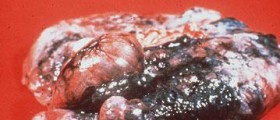


_f_280x120.jpg)




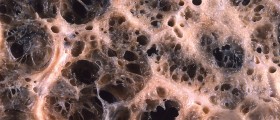


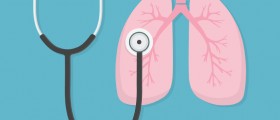


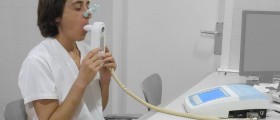
Your thoughts on this
Loading...